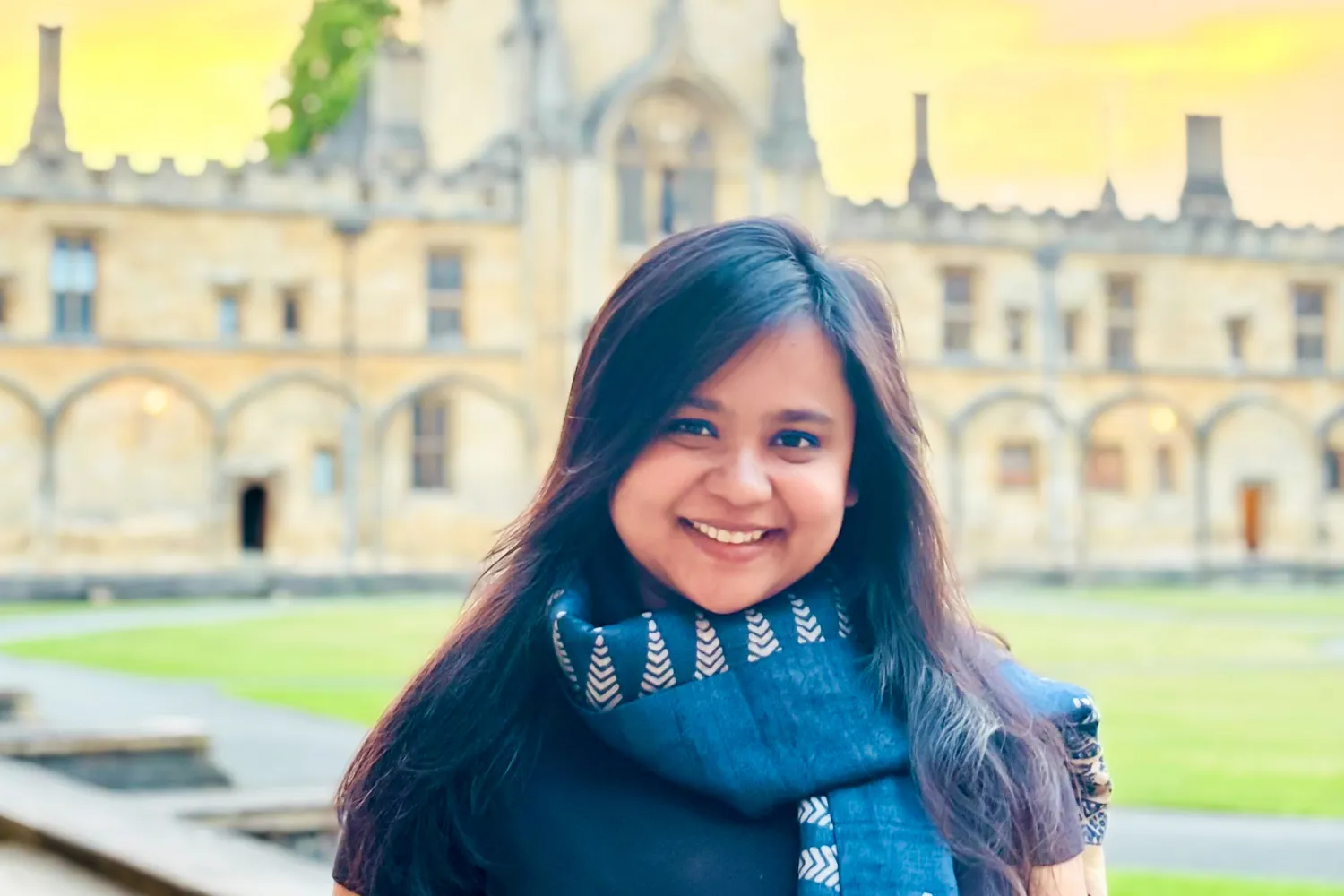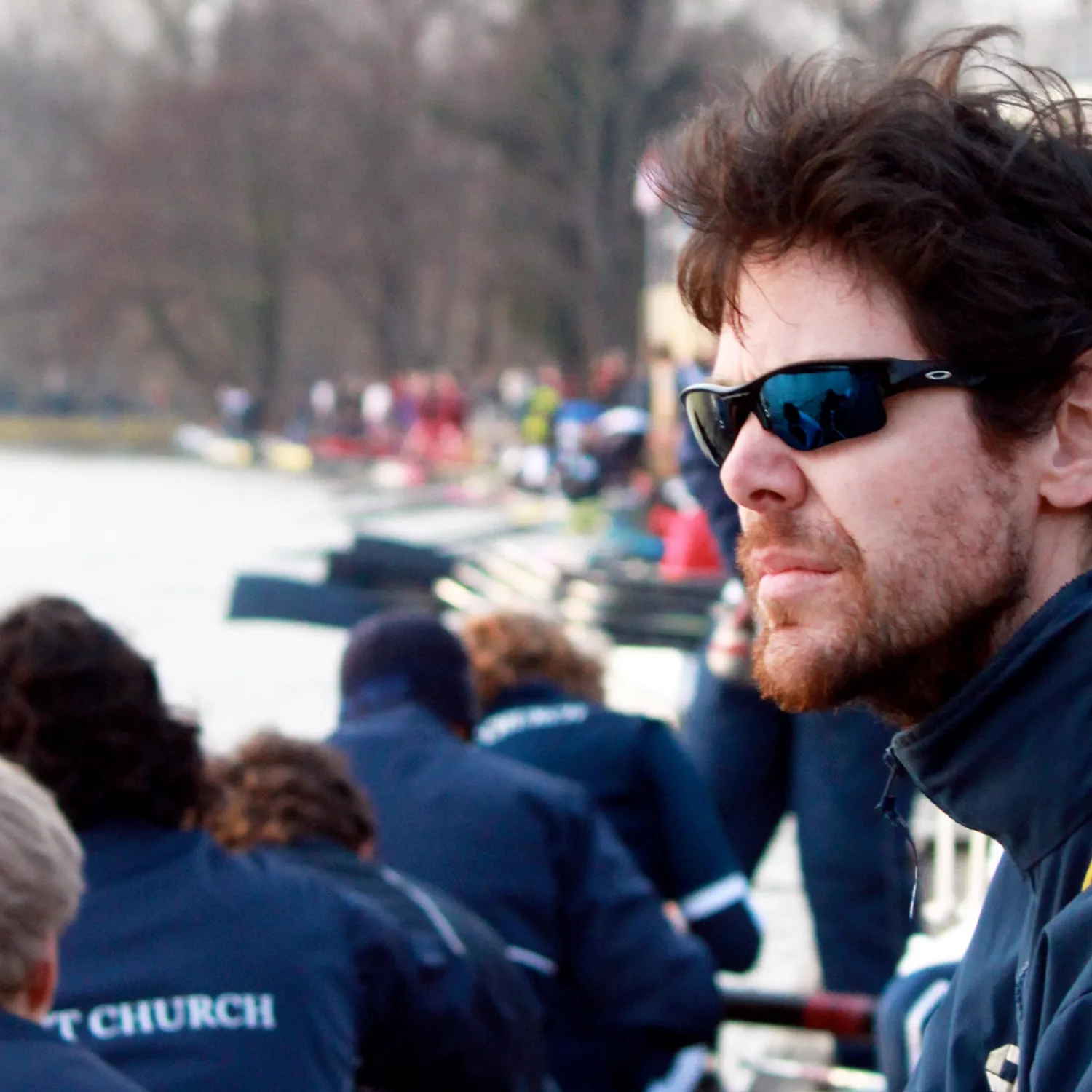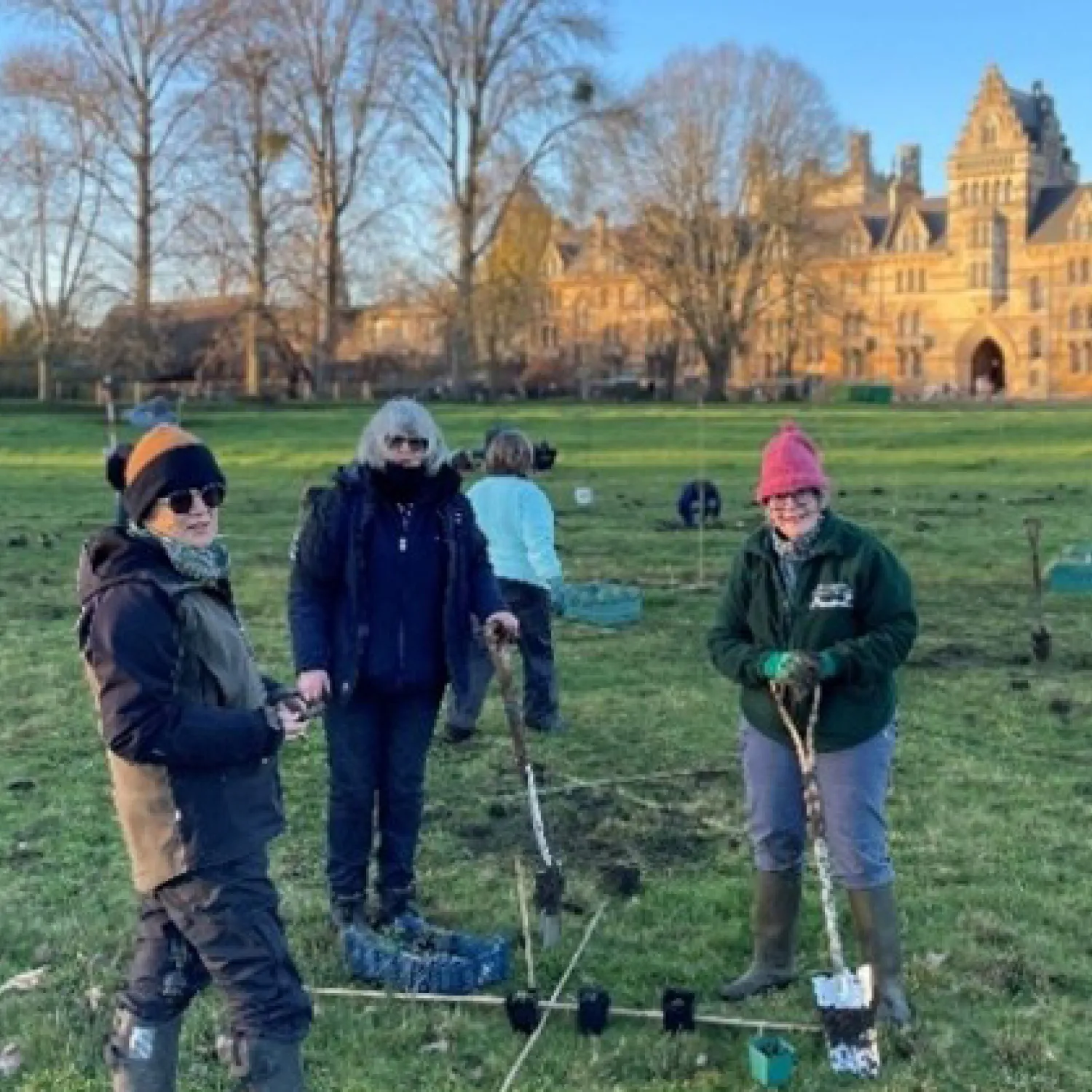Breadcrumb
Jagyoseni Mandal delivers inaugural lecture at Calcutta research centre
During the Easter vacation, Christ Church DPhil candidate and GCR President Jagyoseni Mandal travelled to India’s historic University of Calcutta. She had been invited to deliver the first lecture following the inauguration of the Centre for Translation and Literary Geography – an institute established ‘to initiate a dialogue between geography, culture, and the concept of space, with the long-standing tradition of translation in India.’
Founded in 1857, the University of Calcutta is the oldest multidisciplinary university of the Indian subcontinent and Southeast Asian region, with associations with 14 heads of state, four Nobel laureates and many distinguished scientists, engineers and writers. While historic, the University continues to grow and develop, with its newest research institute – the Centre for Translation and Literary Geography – being established late last year. Having read Jagyoseni’s work, the founder of the centre and the head of department invited her to deliver the first lecture following the institute’s recent inauguration.
Jagyoseni’s talk, entitled ‘Between Walls and Words: Translating Madness, Space and the Self’, explored questions of space, subjectivity, and translation – themes that form the focus of the Calcutta’s new research centre. The lecture drew upon Jagyoseni’s doctoral work completed at the University of Oxford’s Centre for the History of Science, Medicine and Technology and Centre for Economic and Social History. In her DPhil research and teaching, Jagyoseni focuses on the history of South Asia, the history of the British Empire, gender, mental health, infectious disease and bioethics. She has taught on these and related topics as a tutor at the Department of Global Health and Social Medicine at King’s College London, as a Research Assistant and Archivist at Oxford University’s Sir William Dunn School of Pathology, and elsewhere. She has also published extensively, with a forthcoming Sage Journals article on ‘Debilitation, Pathology and Menstruation’. Drawing upon her background in economic history, Jagyoseni’s thesis concerns the globalisation of indigenous medicine and, more specifically, the intersection between Ayurveda and Western medicine.
The inaugural lecture was aimed at undergraduates and postgraduate students of the humanities and social sciences, though many researchers and faculty members came to listen as well. The event was very well attended with more than an hour of discussion following Jagyoseni’s talk.
Jagyoseni spoke of what the occasion meant to her: ‘It was an incredible honour to be invited to deliver the first lecture following the inauguration of the University of Calcutta’s Centre for Translation and Literary Geography. Questions of space, subjectivity, and translation lie at the heart of my research and teaching, and this talk offered a valuable opportunity to share my work with a wider audience of students and faculty members.’
Jagyoseni also reflected on Calcutta University’s rich legacy: ‘Kadambini Ganguly, the first Indian woman to qualify as a doctor of Western medicine, graduated from here, and Sir Ronald Ross conducted part of his Nobel-winning research at the institution. As a historian of medicine, I have long been inspired by both of them, so presenting my work in this setting was truly thrilling.’
I feel extremely grateful to have been part of the Centre’s very first academic event, not only as a researcher, but also as someone committed to fostering global conversations about knowledge.
I feel extremely grateful to have been part of the Centre’s very first academic event, not only as a researcher, but also as someone committed to fostering global conversations about knowledge.
Beyond her research, Jagyoseni supports Christ Church’s graduate students, having been elected to represent them as the GCR (Graduate Common Room) President. She is also committed to access and outreach, taking the opportunity during her trip to India to deliver a workshop on writing research proposals and academic CVs to more than 70 students. ‘The experience was incredibly energising,’ she said, ‘and reminded me how crucial mentorship and knowledge-sharing are in building academic futures.’
Jagyoseni thanked all of those who made her trip possible and who continue to support her research: ‘I feel extremely grateful to have been part of the Centre’s very first academic event, not only as a researcher, but also as someone committed to fostering global conversations about knowledge. I would like to thank Christ Church and my department for helping me continue doing the work that I am so passionate about.’
Graduate students play an important role in the life of Christ Church. At any one time, we have around 260 students studying for higher degrees and diplomas, about half of whom are from overseas. Learn about graduate life at Christ Church, the courses we offer, funding, accommodation and more.
Other Christ Church news




